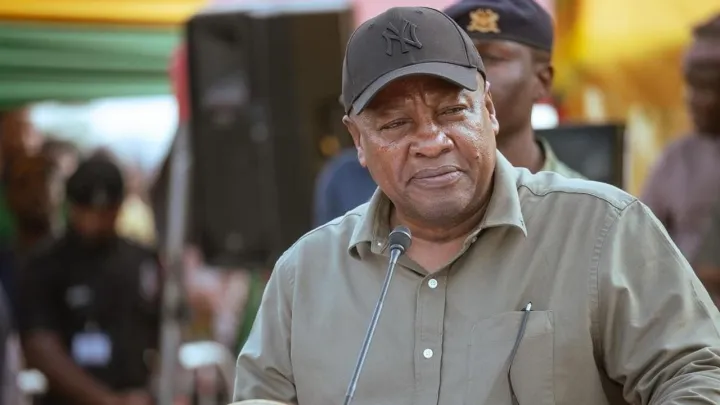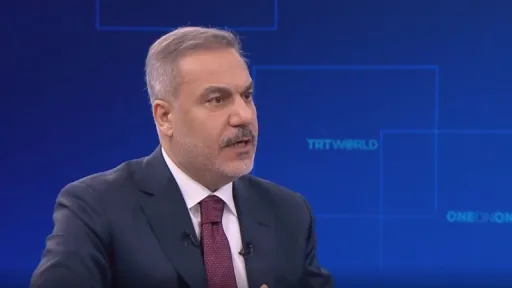By Tokozile Ngwenya
Growing up in the 90s in Africa, particularly Zambia, I was immersed in books penned by Western authors. Our school library and recommended reading lists were dominated by foreign voices.
I can hardly recall encountering any literature from African authors during my formative years, except for the ground-breaking moment in high school when "Things Fall Apart" by Chinua Achebe was enthusiastically recommended by our English teacher.
The buzz in class was palpable, and rightfully so – Achebe's masterpiece offered a refreshing perspective. In case you missed it, let me offer a quick summary: the novel delves into the life of Okonkwo, a leader with great influence who was well known for being a warrior and a wrestling champion.
Okonkwo and his community are introduced to the influence of European colonialism and Christian missionaries and how they respond to this influence. It is a unique and rich African book which I unreservedly recommend you read.
Intercontinental book club
The Africana Woman Book Club, born in the second quarter of 2021, emerged to address a community need. Despite its name, the club isn't exclusive to women; it's an inclusive space with active male members.
With a membership of 282 African readers residing in Africa, Europe, and Asia, the club boasts a diverse demographic ranging from the middle to upper class, primarily aged 30 to 50.
Book selections are democratically chosen through member nominations and votes. In 2022, the club delved into 7 out of 8 books authored by Africans, and in 2023, the count rose to 8 out of 12.
According to Chulu Chansa, the club's founder, this shift reflects a growing confidence within the community to explore literature from African perspectives.
Chansa emphasizes the relatability of African narratives, offering members a sense of familiarity and belonging, especially for those in the diaspora.
She adds, “the books and the context they are written in are relatable, you recognise places and situations that are familiar to you, especially our other members in the diaspora, they get a sense of feeling at home in the book.”
Relatable
For instance, the club's 2023 reading list included "Americanah," by Chimamanda Ngozi Adichie, a poignant exploration of Ifemelu's journey from Nigeria to America.
Efemelu, the protagonist in the novel, faced racism and many forms of racial distinctions for the first time, she experienced what it was like to be a “black African person”.
She perceived America with hope and wealth, quickly learnt that the American Dream is a lie and that in order for her to be adapt and be integrated she needs to change her accent, appearance and absorb American politics, all coming at a high price.
Members resonated with Ifemelu's struggles, finding echoes of their own experiences within the narrative. Representation matters, and African authors provide a platform for readers to see themselves reflected in the stories they consume.
"Members relate to the characters, finding representation that encourages them to delve into African-authored books," Chansa explains,
I had the pleasure of conversing with avid reader Susan Mukosha Ngombe, whose literary appetite leans heavily towards Nigerian authors. Susan, enamoured by Nigerian writers' wit and insight, credits them for deepening her understanding of the country and its complexities.
Her journey into African literature began with "The Secret Lives of Baba Segi's Wives" by Lola Shoneyin, a compelling exploration of polygamy, cultural pressures and power dynamics within a family in the Nigerian society.
Shared humanity
Another favourite of hers, which she highly recommends, is “I Do Not Come To You By Chance” by Adaobi Tricia Nwaubani, she notes “this book is hilarious and it gives you a glance into the world of scamming.”
The book is centred on a character Kingsley Ibe, a graduate from the university who struggles to find a job in Nigeria and resorts to learning the art of scamming people through email from his uncle, “Cash Daddy”.
Through the perspectives shared by readers like Susan, it becomes evident that books serve as mirrors, reflecting readers' lives and experiences.
Seeing one's culture and surroundings depicted on the pages fosters a sense of validation and connection, reinforcing the richness of heritage and shared experiences.
In conclusion, the surge in African-authored literature signifies more than just a literary trend – it represents a collective quest for identity, recognition, and the celebration of diverse voices across the continent and beyond.
As readers, we find solace, inspiration, and a reaffirmation of our shared humanity within the pages of African literature.
The author, Tokozile Ngwenya, is an avid author with a passion for creating enchanting children's books inspired by nature and animals of Africa.
Disclaimer: The views expressed by the author do not necessarily reflect the opinions, viewpoints and editorial policies of TRT Afrika.
➤ Click here to follow our WhatsApp channel for more stories.
























